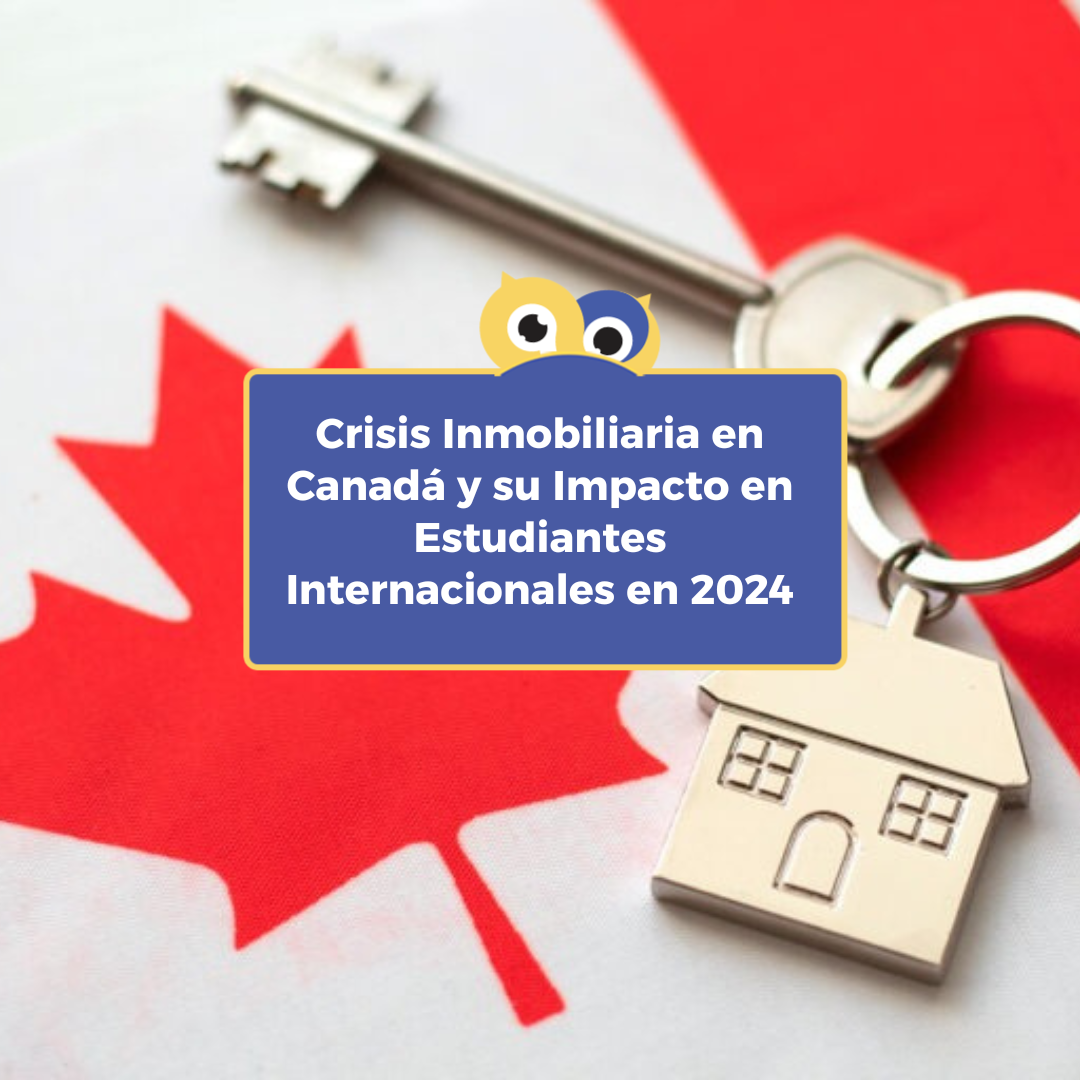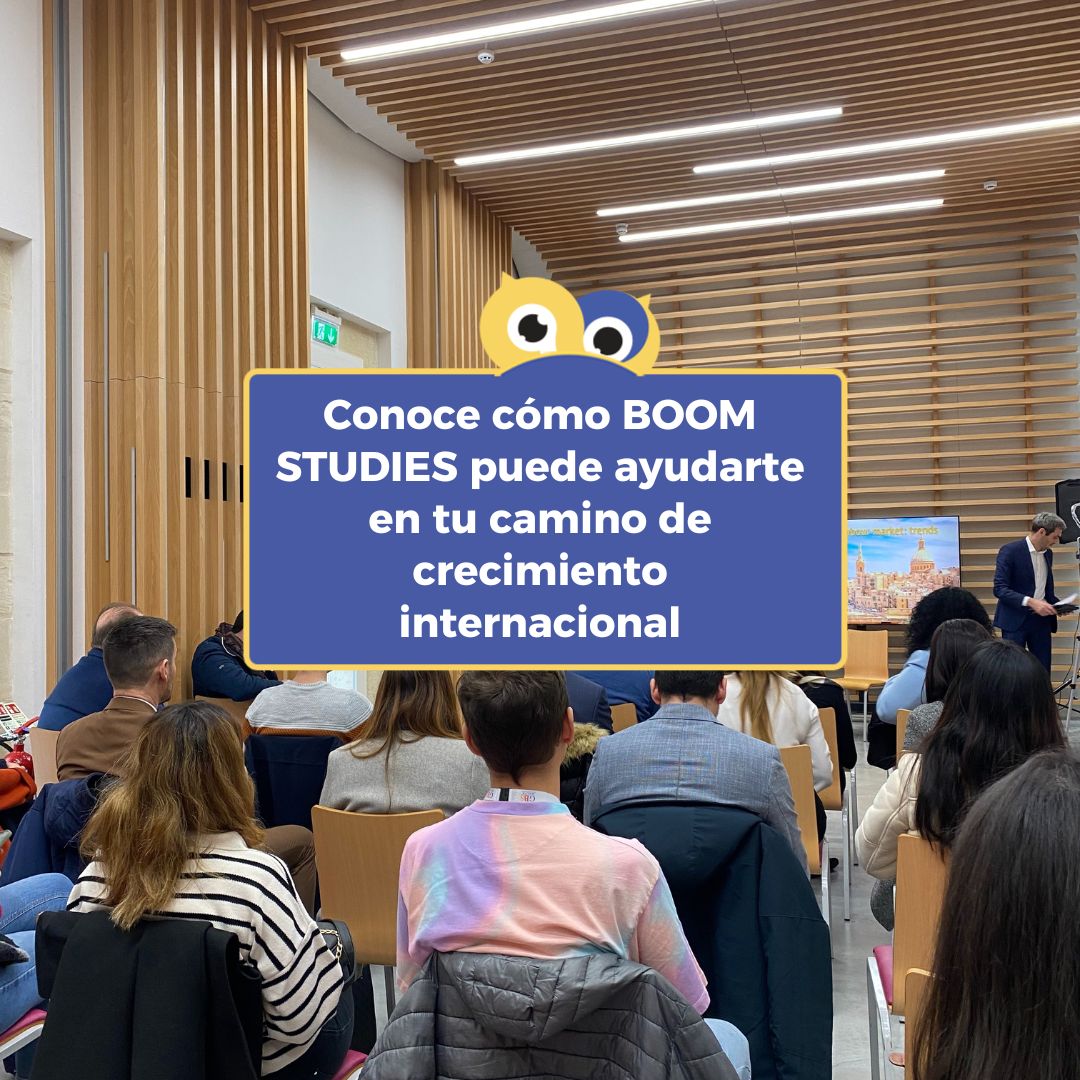Emigrating to Malta with children can be a challenge, because there is little information available. In addition, we know that preparing for an adventure abroad can raise many doubts.
Therefore, we have prepared this guide so that you have at hand the most basic information you should consider before migrating to Malta with children.
Before emigrating to Malta
1. Find out about the main bureaucratic formalities
Malta, like most countries in the world, has its own bureaucratic processes, which can often be slow but not difficult.
To migrate with your children, in addition to the basic documents to enter the European territory, either through Malta or another country, you also need to meet a series of requirements if you want to apply for the ID card for them.
Once you are on the island, when you get a job or regularise your immigration status, you must apply for them as a Family Member. This will allow your children to obtain a valid status, which will give them access to public health and education.
2. Prepare the necessary documentation
Before migrating to Malta with your children, make a list of all the documents you will be asked to provide for the most common procedures. Education, health, transport, among others, are some of the basic areas for which you need to prepare documents.
The most basic documents you will need are:
- Passport
- Vaccination card
- International health insurance
- Local health insurance
- Civil registration / birth certificate
3. Pack the essentials
It is difficult to tell you what to pack, because every family's needs are different. However, when migrating with children, there are some guidelines you can follow to determine what to bring to Malta.
Ideally, you should pack clothes for both cold and warm climates, as if you plan to stay for a longer period, you will need to dress appropriately for the time of year.
Some families prefer to bring the basics and buy what they need in Malta, but you should calculate your budget carefully.
Some travellers recommend that you pack some medicines that are available over-the-counter in your country, because they may not be available on the island. Also, keep in mind that if someone in the family is taking prescription medication, you should arrive with enough for the first few months.
4. Travel light
For families who want to migrate to Malta, it can be difficult to find a balance in terms of luggage. The longer you stay, the more things you may feel you need to bring.
The truth is that although it is key to maintain this balance when migrating with children, we know that they need more items during the journey. However, travelling with little hand luggage will help them to avoid losses and be more comfortable.
5. Beware of layovers and jet lag.
If you have young children, we recommend that you prepare activities for the stopovers, as you will have at least one of them if you come to Malta.
If the waiting time is very long, it is ideal to have entertainment for them, easy-to-carry food and make sure to rest in a place close to the boarding lounges, to avoid missing connecting flights.
Tips for your arrival in Malta
6. Make sure you find the right accommodation
Even if you are migrating without having a definite place to stay, it is important to choose the right accommodation for the first few days.
When travelling with children, it becomes essential to be able to cook, to have space and comfort for your children and also to avoid noisy places. Some accommodation near St. Julians, Paceville or Sliema can be noisy.
At Boom Studies, we have our own accommodation for you to stay in for the first few days, or if you want a longer stay. If you want to look for childcare for your younger children, we give you some of them advice.
7. Check accommodation options carefully
If you are going to migrate to Malta for study or work, do not pay for accommodation in advance with any landlord. Come with a reservation in a hotel or hostel for the first 10 days and do your research here. Read our guide on how to find accommodation here.
8. Emigrate to Malta only to have English become your eternal obstacle.
Come with a desire to learn, grow and work. Some people, in their eagerness to make a little money, neglect their studies and miss out on much better job opportunities in the future because they don't speak English well. It is advisable to focus on the first few months on the island. It is important to study english in maltaThe language and education are the pathway to personal and professional growth in Malta.
9. Take advantage of the benefits offered by the government to study.
Many people don't know this when emigrating to Malta, but the Maltese government refunds up to 70% of what you pay for your higher education studies in Malta. At Boom Studies we are experts in these and many more educational procedures so that you have the best experience.
10. ¿Emigrating to Malta with family?
Migration processes with family members require time and planning. Often, it is best for one family member to come first, learn English, get a job, apply for residency and then apply for the rest of the family.
How to start the process to migrate to Malta?
Boom Studies takes you step by step through the process of planning your trip, before, during and after your arrival on the island. Contact us via WhatsApp and discover more reasons to start the best experience of your life. Let's go!








